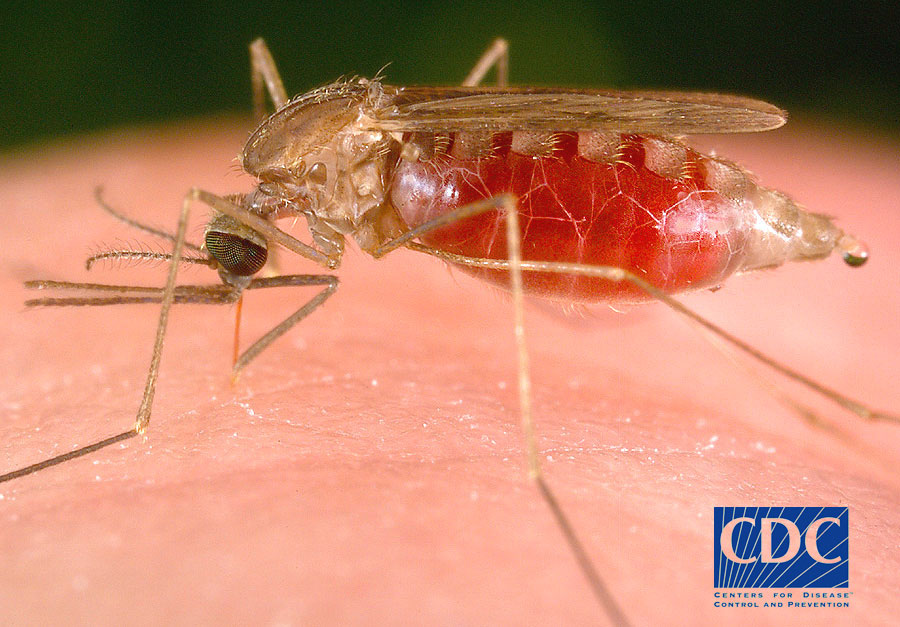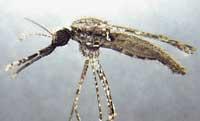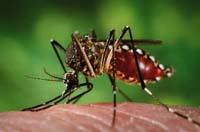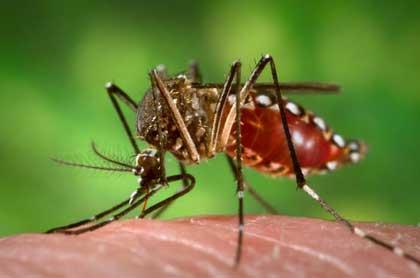Wolbachia bacteria, new weapon in the war on malaria
2013/05/10 Roa Zubia, Guillermo - Elhuyar Zientzia Iturria: Elhuyar aldizkaria

Wolbachia bacteria, infected by the insect, is a powerful competitor for the protozoan Plasmodium, responsible for malaria. That is why it has been thought that contaminating mosquitoes with bacteria can be a good strategy to fight malaria. But in cases where Anopheles mosquitoes have been infected with the bacteria, the infection has endured a single generation, so the system is ineffective. Now, thanks to microinjection of embryos, biologists have inherited infection in mosquitoes that transmit malaria, which has allowed the Wolbachia bacteria to be a suitable weapon in the war against malaria. One from Michigan State University and one from Sun Yat-Sen University, the Anopheles stephensi mosquito has been infected with the bacteria, the main species that transmits malaria in the Middle East and South Asia. In fact, Wolbachia bacteria do not infect this mosquito and the greatest difficulty in working is the appearance of a persistent and hereditary infection. Wolbachia bacteria are taken from another mosquito, the embryo of Aedes albopictus, which extracts all the cytoplasm from the embryo and injects it into the embryo of Anopheles. In the cytoplasm of the Aedes mosquito is the infection that inherits the new generation and, although it is carried to another embryo, does not disappear the capacity of infection: The next 34 generations of the Anopheles mosquito, all those studied by scientists, were infected. This is therefore a breakthrough in malaria research, even though it is currently a laboratory work. It is a new weapon in the war on malaria.

Gai honi buruzko eduki gehiago
Elhuyarrek garatutako teknologia





